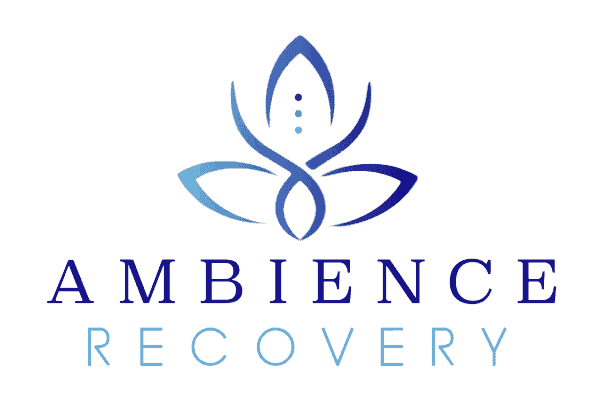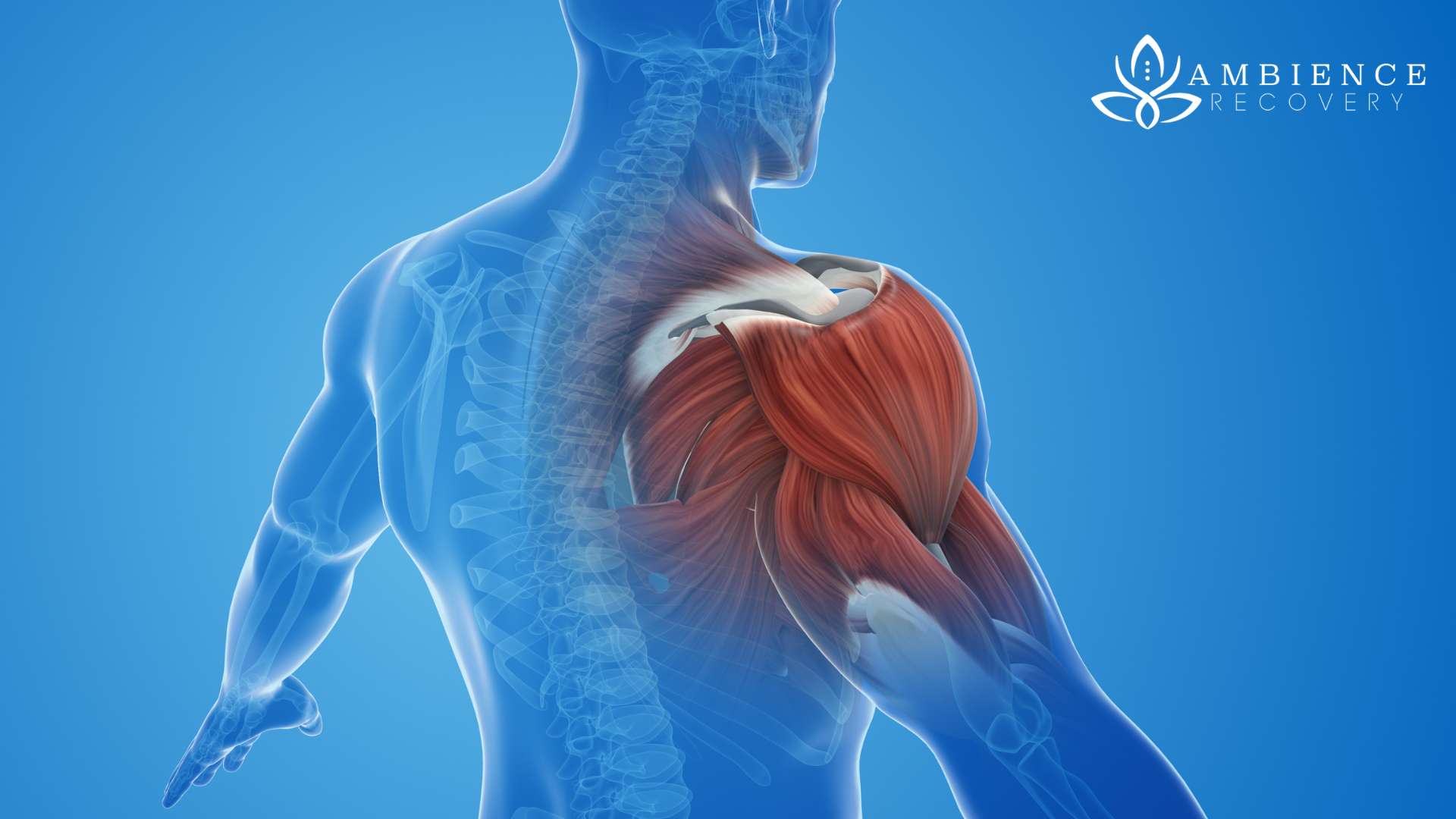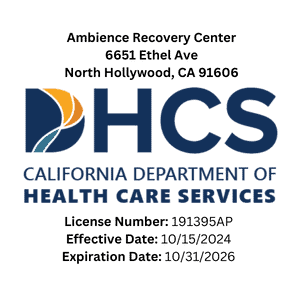Key Takeaways
- Muscle relaxers help relieve pain and spasms but can cause side effects like drowsiness and dizziness.
- Serious side effects include addiction, respiratory issues, and cognitive impairment.
- Using muscle relaxers safely involves following your doctor’s advice and avoiding harmful drug combinations.
Introduction
Muscle relaxers are medications that help relieve muscle spasms, tension, and pain. Doctors often prescribe them for back pain, injuries, or muscle tightness. These medications work by calming the central nervous system and reducing brain pain signals.
While effective, muscle relaxers can cause side effects, some of which may be serious. Knowing what to expect can help you use these medications safely and recognize when to seek medical attention. This guide explores the side effects of muscle relaxers and offers tips for safe usage.
What Are Muscle Relaxers?
Muscle relaxers, called muscle relaxants, are medications designed to reduce muscle spasms and improve mobility. These spasms often occur due to injuries like lower back pain or muscle strain.
Commonly prescribed muscle relaxers include:
- Cyclobenzaprine (Flexeril): Often used for acute muscle pain.
- Carisoprodol (Soma): Known for its sedative effects but has a higher risk of addiction.
- Baclofen: Commonly prescribed for chronic muscle stiffness or nerve-related conditions.
Muscle relaxers act on the central nervous system (CNS), slowing down brain activity to ease muscle tension. While this makes them effective, it also increases the likelihood of side effects.
Common Side Effects of Muscle Relaxers
Muscle relaxers often cause side effects due to their sedative effects on the CNS. Common side effects include:
- Drowsiness: Feeling sleepy or fatigued is one of the most common side effects.
- Dizziness: Lightheadedness may occur, especially when standing up quickly.
- Dry Mouth: Many people report having a dry or sticky feeling in their mouth.
- Blurred Vision: Temporary vision issues are possible with certain muscle relaxers.
These mild side effects disappear as your body adjusts to the medication. However, they can interfere with daily activities like driving or operating machinery.
Serious Side Effects of Muscle Relaxers
While rare, muscle relaxers can cause serious side effects, especially if not taken as prescribed. These may include:
- Respiratory Depression: Slowed or shallow breathing, particularly when combined with alcohol or opioids.
- Addiction or Dependency: Medications like carisoprodol carry a higher risk of misuse and addiction.
- Cognitive Issues: Confusion, memory problems, or difficulty concentrating may occur with prolonged use.
If you experience symptoms like difficulty breathing, extreme drowsiness, or confusion, seek medical help immediately. These effects can become life-threatening if left untreated.
Combining Muscle Relaxers With Other Substances
Muscle relaxers can be dangerous when combined with certain substances. Mixing them with alcohol, for example, can significantly enhance their sedative effects, increasing the risk of respiratory depression or overdose.
Combining muscle relaxers with other CNS depressants, such as opioids or benzodiazepines, further heightens these risks. Always inform your doctor about all your medications and supplements to avoid harmful interactions.
Who Is at Risk for Side Effects?
Specific individuals are more likely to experience side effects from muscle relaxers. These include:
- Older Adults: Age-related changes in metabolism can make them more sensitive to sedatives.
- People With Liver or Kidney Issues: These conditions slow the body’s ability to process medications.
- Individuals With a History of Substance Abuse: They may be at a higher risk of dependency or misuse.
Your doctor will consider these factors when prescribing a muscle relaxer, ensuring the benefits outweigh the risks.
How to Use Muscle Relaxers Safely
Using muscle relaxers safely can minimize the risk of side effects. Follow these tips:
- Take as Prescribed: Always follow your doctor’s dosage instructions and do not exceed the recommended amount.
- Avoid Alcohol: Alcohol can amplify the sedative effects of muscle relaxers, increasing the risk of dangerous side effects.
- Stay Alert for Side Effects: Monitor how the medication affects you, especially when starting a new prescription.
- Avoid Driving: Muscle relaxers can impair your ability to drive or operate machinery.
- Communicate With Your Doctor: Report any bothersome or serious side effects immediately.
These precautions can help ensure you get the benefits of muscle relaxers without unnecessary risks.
Withdrawal Symptoms and Long-Term Use Risks
Prolonged use of muscle relaxers can lead to dependency, making it challenging to stop without experiencing withdrawal symptoms. These may include:
- Anxiety or irritability.
- Muscle twitching or spasms.
- Insomnia or difficulty sleeping.
If you need to stop taking muscle relaxers, your doctor may recommend tapering the dose gradually to minimize withdrawal effects.
Conclusion
Muscle relaxers are effective for managing muscle pain and spasms but have potential side effects. Common issues like drowsiness and dizziness are manageable, but more serious effects like addiction or respiratory problems require immediate attention.
Using muscle relaxers safely involves following your doctor’s instructions, avoiding risky combinations, and monitoring for side effects. If you or someone you love is struggling with muscle relaxer misuse or addiction, help is available. Call Ambience Recovery at 866-721-7470 for compassionate care and support on the path to recovery.
FAQs About Muscle Relaxer Side Effects
What Are Muscle Relaxers Used For?
Muscle relaxers relieve pain, spasms, and tension caused by injuries or conditions like back pain.
What Are the Common Side Effects of Muscle Relaxers?
Common side effects include drowsiness, dizziness, dry mouth, and blurred vision.
Can Muscle Relaxers Cause Addiction?
Yes, some muscle relaxers, like carisoprodol, have a risk of dependency, particularly with prolonged use.
What Happens if I Mix Alcohol and Muscle Relaxers?
Mixing muscle relaxers with alcohol can enhance sedative effects, leading to serious risks like respiratory depression.
How Can I Use Muscle Relaxers Safely?
Follow your doctor’s instructions, avoid mixing with alcohol or other sedatives, and do not exceed the prescribed dose.
Resources
https://www.nhs.uk/medicines/baclofen/
https://www.medicalnewstoday.com/articles/muscle-relaxers
https://medlineplus.gov/druginfo/meds/a601121.html
Katie is a Licensed Clinical Social Worker who has worked as a primary therapist, supervisor, and now clinical director for SUD/MH treatment centers for the past 12 years. Katie is trained in Brainspotting, EMDR, Internal Family Systems and Dialectical Behavior Therapy and is passionate about treating substance use disorders, trauma and grief.






